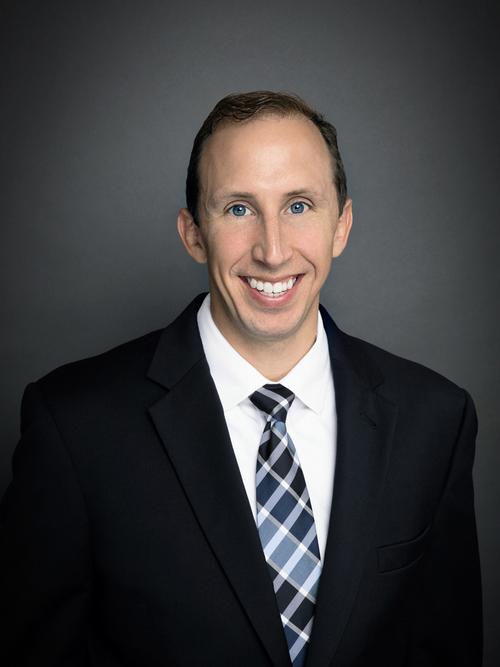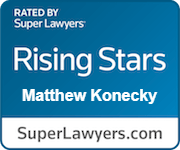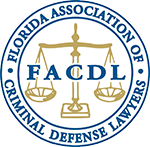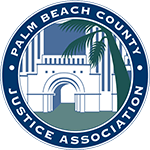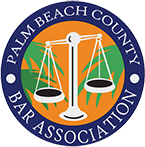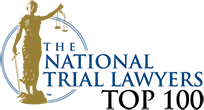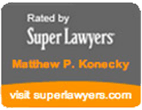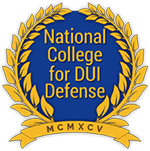 Whether you’ve suffered an injury at a shopping mall, a neighbor’s home, or a public space such as a park, properly understanding premises liability is crucial to your case. As a top-rated personal injury attorney in Palm Beach Gardens, Florida, I’m here to guide you through the nuances of premises liability, helping you understand your rights and the legal framework in Florida. When it comes to personal injury law in Florida, premises liability is a key concept that can make or break your case.
Whether you’ve suffered an injury at a shopping mall, a neighbor’s home, or a public space such as a park, properly understanding premises liability is crucial to your case. As a top-rated personal injury attorney in Palm Beach Gardens, Florida, I’m here to guide you through the nuances of premises liability, helping you understand your rights and the legal framework in Florida. When it comes to personal injury law in Florida, premises liability is a key concept that can make or break your case.
What is the Difference Between Premises Liability and Personal Liability?
To start, it’s important to explain the differences between premises liability and personal liability. Premises liability involves injuries that occur due to unsafe or defective conditions on someone’s property. It focuses on the property owner’s responsibility to ensure their property is safe for visitors. On the other hand, personal liability refers to injuries or damages caused by an individual’s actions, regardless of where the incident occurred.
Contributing Factors of Premises Liability in Florida
In the state of Florida, several key factors can affect premises liability personal injury cases.
- The status of the visitor: Are they an invitee, licensee, or trespasser? The duty of care owed by the property owner to a visitor depends on their status. It’s also important to keep in mind the likelihood that someone would visit the property.
- Condition of the property: Was the property in a dangerous condition? How long had the danger been on a property and was there a likelihood of harm?
- Knowledge of the danger: Was the property owner aware (or should have been aware) of the dangerous condition?
- Failure to repair or warn: Did the property owner fail to make the property safe or fail to warn visitors of potential dangers? We also need to take into account if the property owner had a substantial amount of time to correct whatever danger was present.
What is Premises Liability Negligence in Florida?
Negligence in premises liability refers to the last point previously made in the factors of premises liability - “Failure to repair or warn." Negligence is a property owner’s failure to exercise reasonable care to prevent injury to those on their property. In Florida, proving negligence involves demonstrating that the property owner knew or should have known about the hazardous condition and did not take appropriate action to mitigate the risk. In Florida, there are four elements that must be proved in order to confirm negligence.
What Are the Duties of Premises Liability?
Property owners in Florida have specific duties based on the visitor’s classification:
- Invitees: Owners owe the highest duty of care, requiring them to regularly inspect the property and remove or warn of hazards
- Licensees: Owners must correct or warn of known dangers but are not required to inspect the property
- Trespassers: Owners owe the least duty of care, primarily to avoid intentional harm
Possible Defenses to Premises Liability Cases
Property owners can defend themselves against premises liability claims by showing the following:
- Lack of knowledge: If a property owner was unaware of the dangerous condition, they can’t be held liable.
- Comparative negligence: If the injured party’s actions contributed to the injury, then they can’t hold the property owner liable for their actions.
- Warning provided: If there was adequate warning of a hazard, then again a property owner can’t be held liable since they gave due diligence.
Florida Statute of Limitations for Premises Liability
For personal injury cases in Florida, premises liability claims must be filed within two years from the date of the injury. Previously, the filing window had a four-year limit. However, in 2023 House Bill 837 was passed, shortening the amount of time personal injury victims have to claim losses, along with other limitations. Missing this two-year deadline can result in victims losing their right to seek compensation.
How to Choose the Best Personal Injury Lawyer in Palm Beach Gardens
Finding the right attorney can be tough, but there are things that you can do to make your life a little easier. Below, injury lawyer Matthew Konecky explains how to choose the best personal injury attorney in Palm Beach Gardens, FL.
Contact Our Palm Beach Gardens Personal Injury Attorney
Navigating the complexities of a premises liability case in Florida requires an in-depth understanding of personal injury law. If you or a loved one has been injured on someone else’s property, it is crucial to your case to seek the help of an experienced attorney as soon as possible.
As a top-rated personal injury attorney in Palm Beach Gardens, Florida, I am committed to providing my clients with the knowledge and resources they need to get a fair trial or settlement in or out of court. If you have more questions regarding a personal injury case, you can contact us online by clicking the button below or call (561) 671-5995 - we are available to help 24/7.
Also, check out our free online resources on our blog and free download “What the Heck Is My Personal Injury Case Worth?” for realistic legal advice you can trust.


